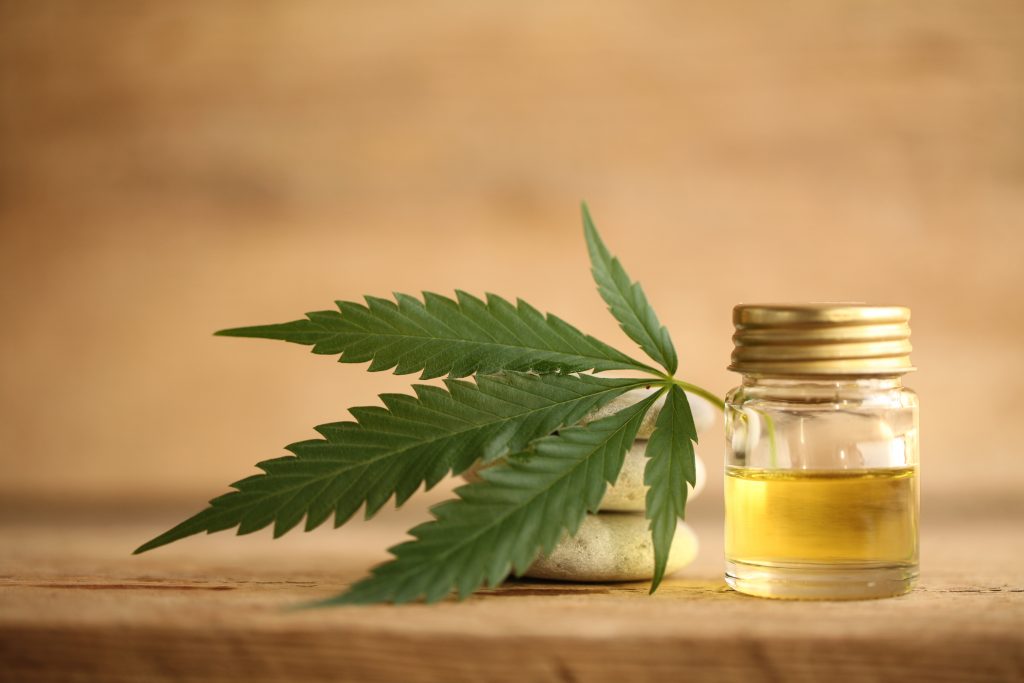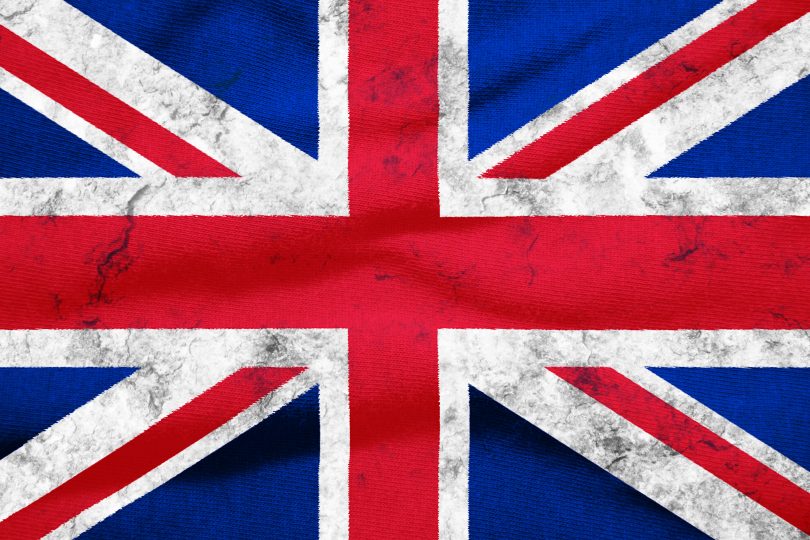With Brexit done, U.K. authorities are being urged to establish a clear set of workable rules for the fast-growing CBD industry.
There will certainly be changes to the CBD industry as a result of Brexit. CBD is a global phenomenon worth £300m in the U.K. where it already surpasses the Vitamin C and Vitamin D supplement markets, combined. There are a number of options available with U.K cannabis experts calling for a new ‘light-touch’ industry-wide framework alongside a robust, and independent testing regime.
But one thing most agree on is this – a termination of the status quo.
‘CBD Is Not A Novel Food’
This is the controversial European Commission’s (E.C.) Novel Food ruling of 2019, which is proving a thorn in the side for all 27 remaining European members. The E.C. adoption of CBD as Novel Food in 2019 left the industry both angry and perplexed.
For, after accepting 20 years ago that hemp extracts, including CBD, were not Novel, the E.C. had changed its mind. Even the most fair-minded of individuals err towards cynicism on this particular issue, sensing the panic of ‘big pharma’ at the approach of the CBD wellness avalanche.
In the U.K., its regulator the Food Standards Agency (FSA) has steadfastly stuck to the E.C. pathway which says all CBD products should undergo a costly and time-consuming approval process.
While not legally binding the Novel Food Catalogue is used as a reference by national authorities and consequently a number of companies, in the U.K. and Europe, have faced enforcement action.
Want to learn more about the recent changes and what do they mean to the industry?
Click here or use the sign-up form below to subscribe to the CBD Business Weekly Newsletter.
Brexit Blues
The FSA’s position has been understandable, to a certain degree, as Brexit has created an all-consuming policy black hole, preventing any light being shed on a whole host of pressing national issues, which of course, includes CBD.
Leading U.K. cannabis lawyer Robert Jappie, who joins international Law Firm Ince this month, says that with Brexit out of the way focus can shift shed elsewhere.
“There has been so little guidance on CBD from the FSA because of Brexit. That is all the government been involved with and explains why we have had so little information from the FSA on this issue.”
On CBD, he believes things will change: “The optic of a U.K. regulatory body saying they are going to enforce non-binding E.U. regulation, in the current political climate, wouldn’t be a good look.”
CBD Products with ‘No CBD’
In 2016, when CBD first made inroads in to the U.K market the newly formed Cannabis Trades Association (CTA) reached an agreement with health regulators that CBD should be sold as a food supplement and sellers were not able to make any medical claims.
This saw regulatory responsibility pass to the FSA which last month acknowledged, in a response to CBD Testers, that CBD is essentially ‘safe’. However, there is still a whole load of concern over the validity of CBD products on the market, with research suggesting some may not even contain CBD.

At a recent trade show the CTA Chairman Mike Harlington called out the operators who were damaging the sector by making medical claims. Organisations such as the CTA, which has over 1,000 member businesses, have developed their own self-regulatory regimes.
A second trade body is CannaPro, its founder Peter Reynolds has been an active cannabis advocate for longer than he cares to remember. He says the attempt to classify CBD as a novel food is a ‘scam’ and highlights how the FSA now views CBD as safe.
He told CBD Testers: “We need to find a better method of regulation and a consistent method of testing to allow for comparisons between products.”
Speedy Resolution
“Certainly, an independent testing body would-be helpful in this respect. I’m no fan of ‘big Government’ but this is what we have them for, to help supervise and monitor industries.”
The Centre for Medicinal Cannabis, through its affiliate the Association for the Cannabinoid Industry, encourages its members to pursue a Novel Food Authorisation – this can cost over £300,000 and take more than two years.
Steve Moore, its Strategic Counsel & Director, said: “There should be be no compromise on food safety. So all products on the market must be subject to rigorous food safety assessments, along the lines of existing Novel Foods authorisation.
“However, post-Brexit, it may be the case that a U.K. assessment could be a lot quicker process than the current one implemented by the European Commission.”
Mr Jappie highlighted the pressing need for a speedy resolution.
“People are buying these products for a medical purpose, but they are sold as food supplement and there is very little regulation. At this stage it doesn’t not look like the FSA will be ordering CBD product to be taken off the shelves, so there needs to be some consensus between regulators and the industry to ensure people are being sold quality products.”
Hemp And CBD
However, there is a widespread view among CBD advocates that, after many meetings with the FSA, its single-minded Novel Food adherence demonstrates a fundamental mis-understanding.
EU Novel Food and The Legal Status of CBD Oil
In 1998, foods or additives not widely used in Europe, priorly, were classed a Novel Foods and those wanting to sell them in the E.C. needed approval, primarily for consumer safety reasons.
Initially, the E.C. said ‘most’ extracts of the Cannabis Sativa plant were not Novel, but added CBD to its definition in 2019, and said ‘only seeds products and seed oil’ are not Novel. And continued: ‘Food products made from leaves, flowers and all extracts containing cannabinoids are now considered as Novel Foods’.
Mr Jappie said: “The FSA have a fundamental misunderstanding of the issue. They say ‘hemp is not novel, but CBD extracts are novel’, but they don’t define what a CBD extract is. If hemp is not novel and I squeeze the juice out of a hemp plant, with its naturally occurring levels of CBD, then surely that extract cannot be novel either? “
‘CBD Is Novel’ Say FSA
When CBD Testers asked the FSA why it aligns with the E.U. a spokesperson said: “Hemp seed oil has a significant history of consumption before 15 May 1997, and CBD extracts do not.”
And they referred us to the EC guidance which can be found here; https://ec.europa.eu/food/sites/food/files/safety/docs/novel-food_guidance_human-consumption_en.pdf
With Brexit now crystallising Mr Jappie believes the industry and the FSA should work together on a mutually-acceptable solution.
“The problem we have with CBD is that there is not a set of industry standards – and no reference point to say what is a compliant product. There is no requirement on companies to be registered with the U.K. trade organisations or abide by their standards, so it is a bit of a free for all.
“The FSA should engage with the industry and both agree to guidelines on quality, on dosage procedures, on CBD content and that kind of thing, and have everybody agree to abide by those regulations. We should be looking for a light-touch regulatory framework which ensures only quality products are sold, and consumers are protected.”
For more more on Brexit, CBD, and cannabis, subscribe to the CBD Business Weekly Newsletter.









